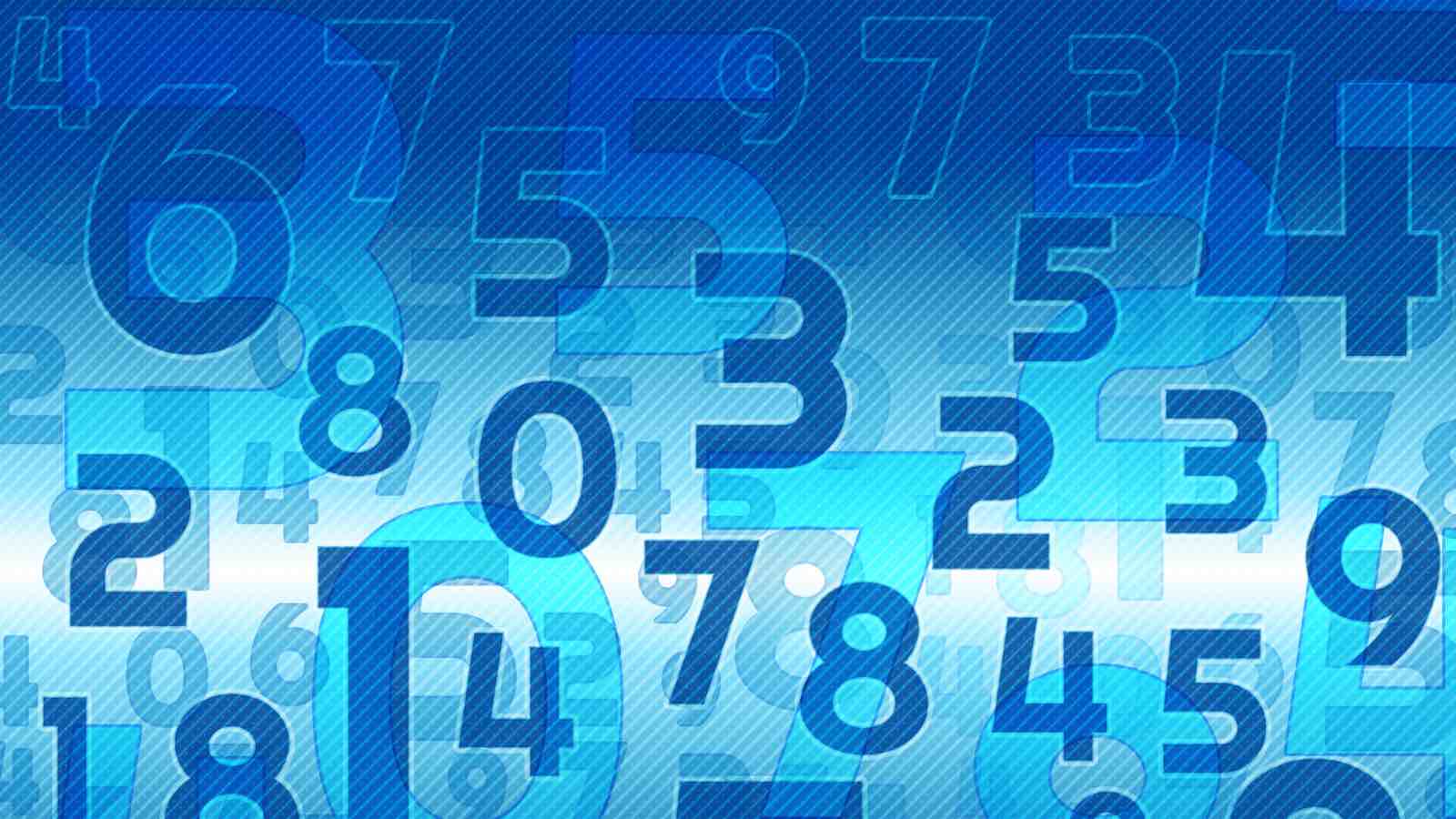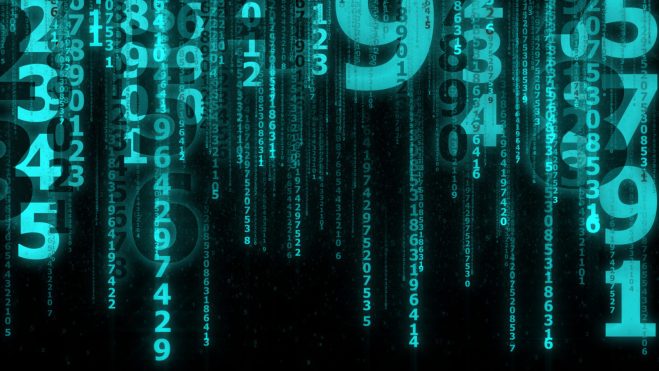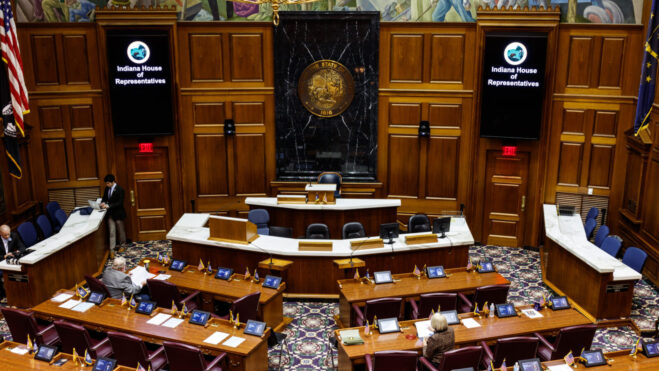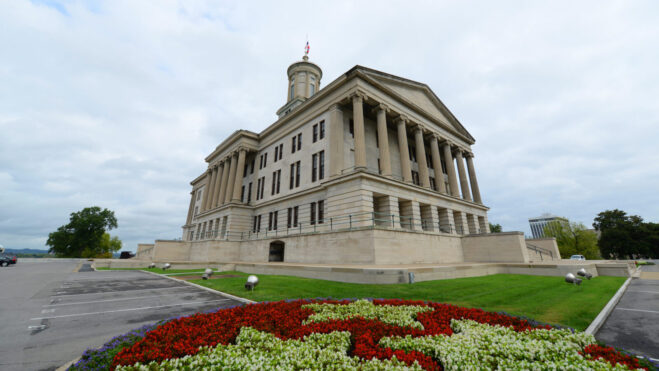Virginia Lottery Winners Will Gain New Privacy Protections, Pending Governor’s Signature
The bill, which passed both the House and Senate, will allow anyone who wins more than $1 million to remain anonymous
1 min
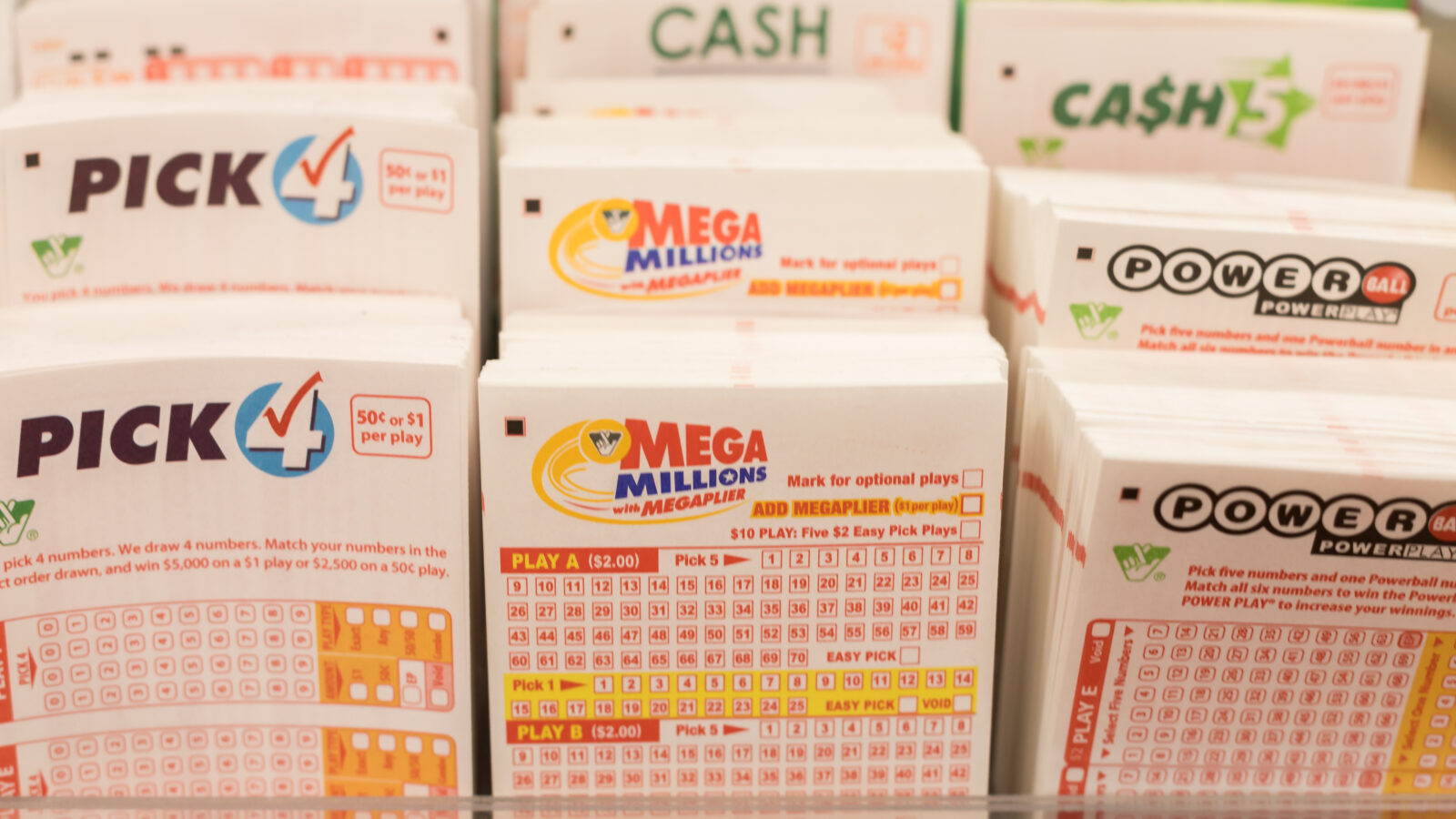
A bill awaiting Gov. Glenn Youngkin’s signature would make Virginia the latest state to take steps to increase the privacy for lottery winners in the state.
Currently, any lottery win above $10 in the state would have allowed for the state to publicly identify the winner. Under the new law — which passed the Virginia House by a unanimous 97-0 vote before being passed by the Senate 35-4 — anyone who wins $1 million or more would not have their names released by the state unless they provide written consent.
The law still allows the Virginia Lottery to reveal a winner’s name, hometown, and amount won for prizes under $1 million. However, winners of larger prizes now have the option to maintain their privacy, a protection that many lottery winners’ advocates have long sought to help ensure winners’ security and peace of mind.
This change aligns Virginia with a growing number of states that have enacted similar privacy protections for major lottery winners, acknowledging the potential risks and unwanted attention that can come with publicly announcing large lottery wins.
Virginia’s amendment affects two sections of Virginia’s Code: the Freedom of Information Act exclusions (§ 2.2-3705.7) and the lottery disclosure regulations (§ 58.1-4029).
Different states, different laws
At least 22 other states have laws on the books protecting the privacy of lottery winners, ranging from as low as a $1 threshold in some states to up to $1 million in such states as in West Virginia and Texas.
Other states are more creative in their privacy standards.
In California, state law mandates releasing the winner’s full name and where they bought the ticket.
Some states offer partial privacy — Colorado only publishes first names and last initials, while Arizona allows winners of $100,000 or more to keep their names confidential for 90 days.
Florida provides a 90-day privacy window for wins over $250,000.
However, even in states with privacy provisions, winner information may still be obtainable through public records requests, as lottery payments are considered open records in many jurisdictions.

